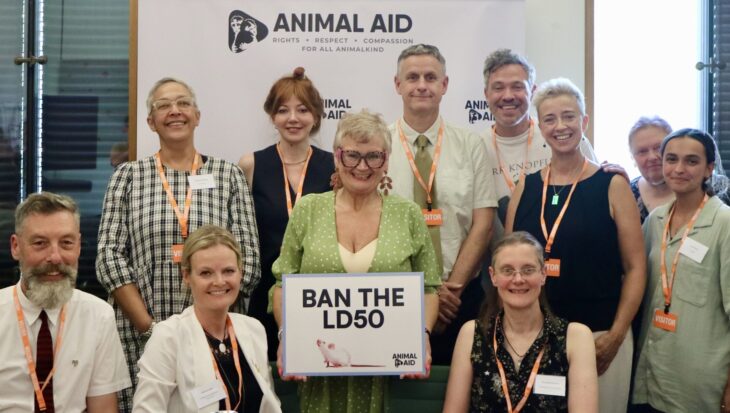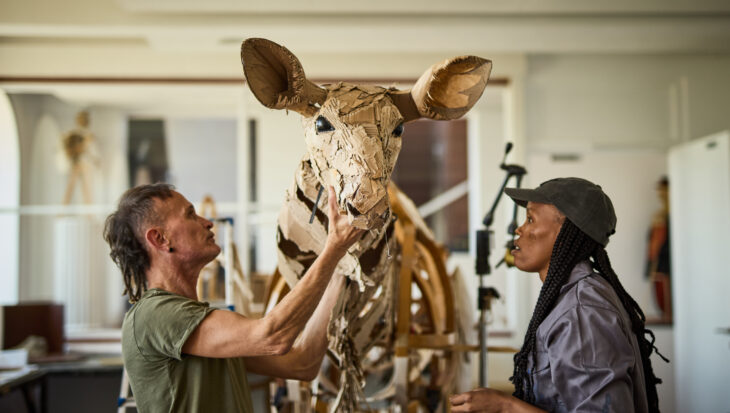Animal Aid in parliament to discuss ending animal tests
Yesterday, Animal Aid hosted a roundtable in Westminster, to meet with MPs and other invited guests to discuss the ending the LD50 and other animal tests.
Posted 02 Jul 2025

Posted on the 9th April 2011
The Grand National continued its tradition of killing horses today when Ornais broke his neck and Dooneys Gate broke his back in the gruelling 4 and a half mile event. Their deaths mean that 20 horses have now perished on the Grand National course since 2000.
Just 19 of the 40 starters finished the race, while the winner, Ballabriggs, came close to collapse from dehydration on what was a punishingly hot day.
As in previous years, horses somersaulted and crashed to the ground, landing on their heads, necks and backs. Several horses were pulled up and Animal Aid has concerns about whether any of those have suffered serious injury that could result in their subsequent destruction. On Thursday, Inventor was destroyed after breaking a leg in a hurdle race at the three-day Aintree meeting.
Says Animal Aid Director Andrew Tyler:
‘When horses are killed at the Grand National meeting, their deaths are not accidents but entirely predictable. The public has been conned into believing that the Grand National is a great sporting spectacle when, in reality, it is straightforward animal abuse that is on a par with Spanish bullfighting. This race should have no future in a civilised country. The BBC deserves special condemnation for all but concealing news of the deaths. In fact, one of its commentary team described the dead horses as they lay on the course as ‘obstacles’ – which was particularly disgusting and callous.’
Yesterday, Animal Aid hosted a roundtable in Westminster, to meet with MPs and other invited guests to discuss the ending the LD50 and other animal tests.
Posted 02 Jul 2025

Have you heard? A breathtaking arts initiative, ‘The Herds’ will be arriving in London this Friday.
Posted 27 Jun 2025
